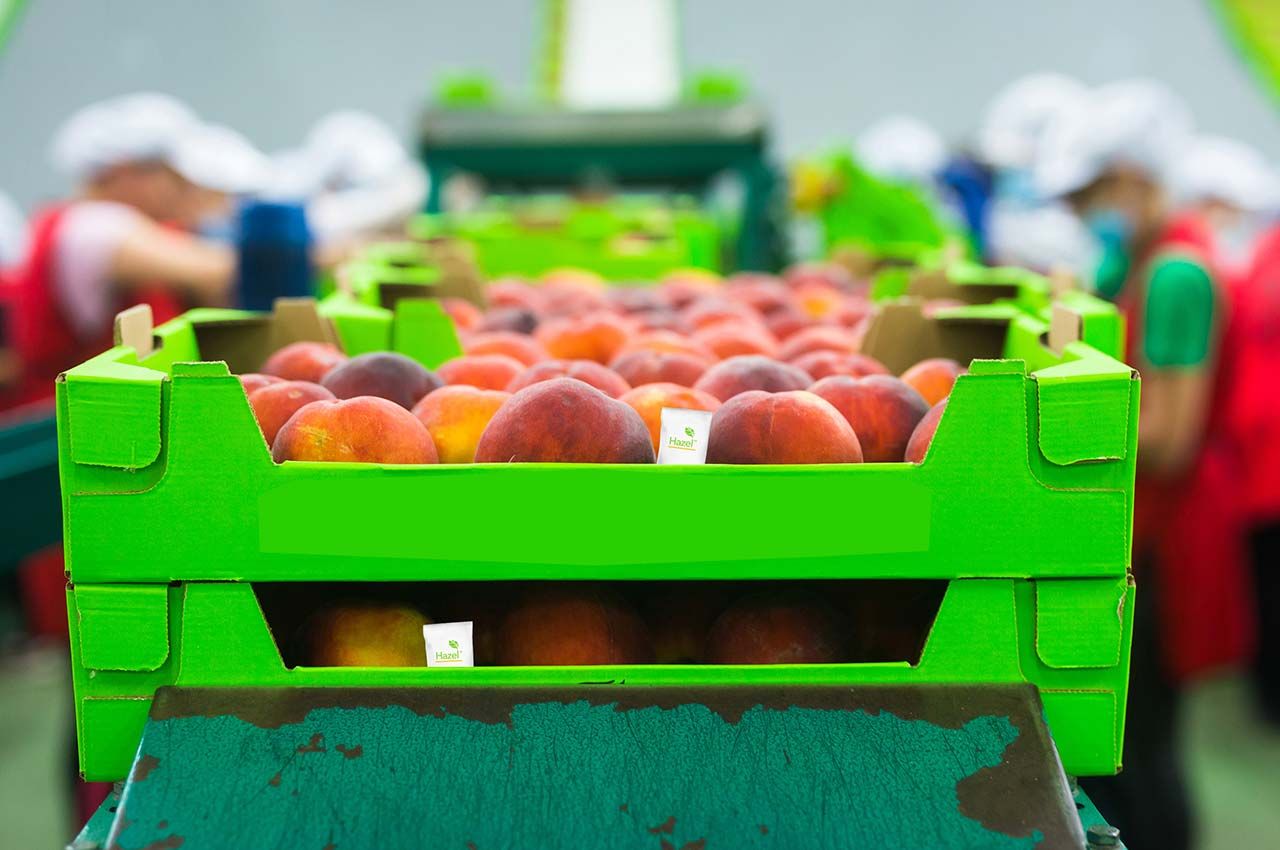Produce Startup Hazel Technologies Comes to Fruition at UTP

Avocado lovers of the world, take heart! A new technology developed by Hazel Technologies, Inc. will help to keep this popular fruit (yes, it is a fruit) from prematurely browning and spotting, giving customers many more days to enjoy their chips and homemade guacamole.
The roots of this Chicago-based startup are in Illinois Institute of Technology’s University Technology Park, which opened on the south end of Mies Campus in November 2006. The more-than-300,000-square-foot facility offers wet and dry laboratories and office space for growing companies whose focus is on science, technology, engineering, and mathematics fields, including green and clean technology, biomedical engineering, and materials and life sciences. Currently home to 18 companies, UTP counts among its graduate companies Alion Science and Technology, AllCell Technologies, and Cleversafe, which was acquired by IBM in 2015. Hazel Tech is now among the list of success stories coming out of UTP—this past April it raised $70 million in funding to expand its international operations.
The startup arose out of a Northwestern University course held in 2015 that challenged students to form a sustainable technology business plan. A group of five students, including Adam Preslar, now Hazel Tech’s chief technology officer, was intent upon coming up with a project that would positively impact the food supply chain by reducing food waste on a global scale. In the issue paper entitled “Wasted—How America is Losing Up to 40 Percent of Its Food from Farm to Fork to Landfill” published by the Natural Resources Defense Council with data collected from the United States, Canada, Australia, and New Zealand, “20 percent of fruit and vegetables are lost during production, 12 percent are lost at the distribution and retail level, and a further 28 percent are lost at the consumer level.”
With an academic background in chemistry, Preslar, along with his student colleagues, used nanotechnology to create natural agents that control the release of active organic ingredients emitted by fruits and vegetables as part of their normal respiration, or ripening, process during shipping or while sitting in a bowl on a kitchen countertop. The agents can be delivered via a sugar packet-sized “sachet” that can be dropped into a box of produce. Much of this ground-floor development took place at UTP.
“University Technology Park provides excellent laboratory facilities in the heart of Chicago,” says Preslar, who notes that easy access to O’Hare International Airport for Hazel Tech staff was also a key consideration in selecting UTP. “That alone would be unique, but the campus provides the type of flexibility essential to technical companies just starting out. Hazel has benefited from that flexibility and modular approach to facilities for growing companies.”
And Hazel Tech is indeed growing. U.S. Department of Agriculture-funded Hazel Tech products are now utilized by more than 160 companies and include clients such as Mission Produce, “the world’s most advanced avocado network,” and the kiwifruit distributor Zespri. With a substantial increase in the number of staff, Hazel will likely be moving to a bigger space in the not-too-distant future. But its team of co-founders will always be reminded of where its technology truly sprang to life.
“The availability of quality laboratory space, the modular approach to facility growth, and a leadership that was invested in incubating technical startups help catalyze Hazel’s growth,” Preslar reiterates. “Furthermore, the resources offered by the university itself were extremely interesting. We also loved the commitment that [Illinois Tech] has to food science and food safety! We are always running into people in the produce industry who are alumni.”
Photo: A Hazel Technologies product is seen in a box of fruit on an assembly line (provided)




